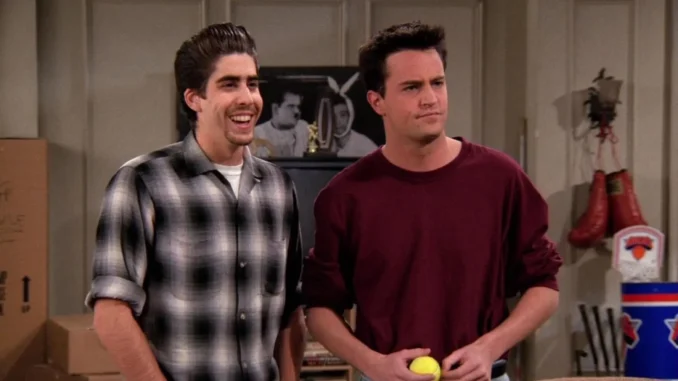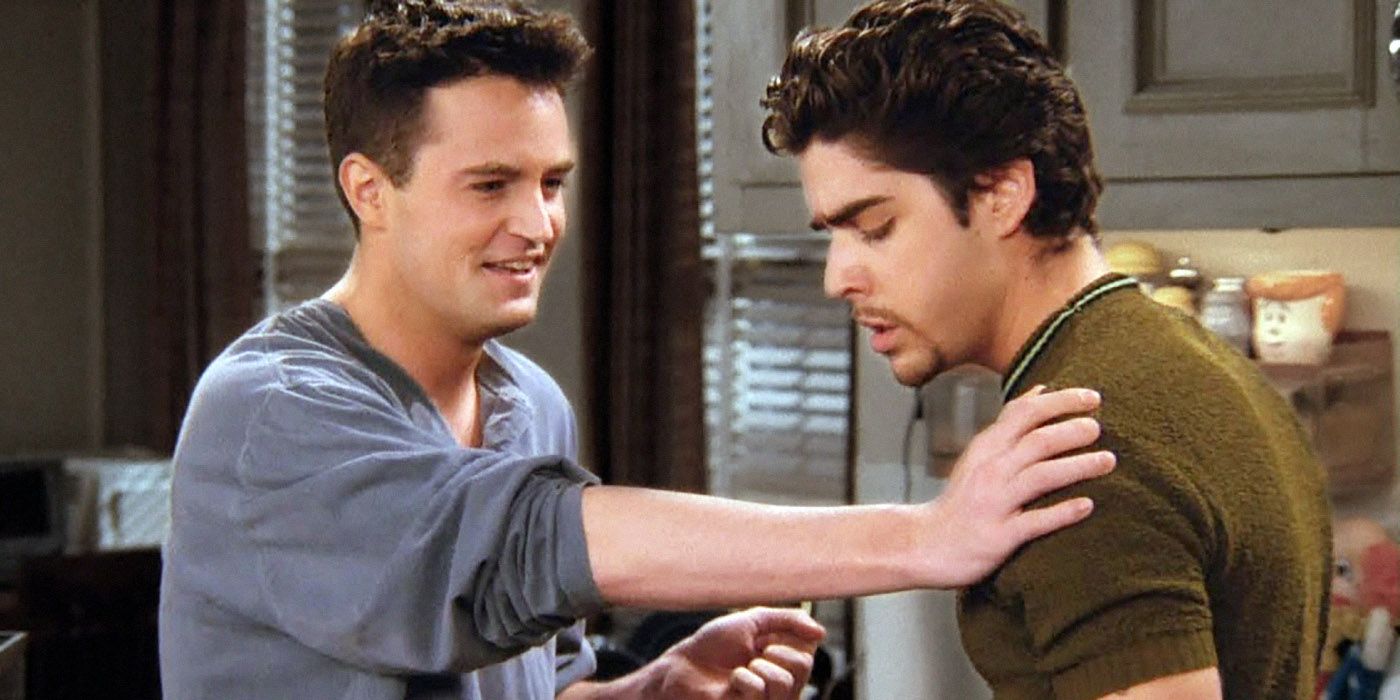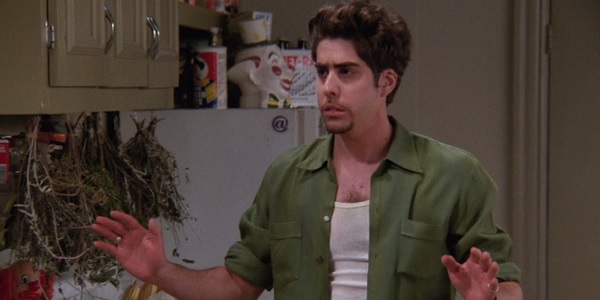
More than 25 years after Friends first graced our screens, it remains one of the most beloved sitcoms of all time.
Before diving into the diversity debate, it’s worth revisiting Goldberg’s performance as Eddie Menuek. Appearing in three episodes during Season 2, Eddie was introduced as Chandler Bing’s new roommate after Joey moved out. Eddie’s increasingly bizarre behavior—culminating in his belief that he and Chandler were still roommates after being kicked out—made for some of the most hilarious moments of that season. Goldberg’s portrayal of Eddie was unforgettable. His wild-eyed intensity brought a fresh, unpredictable energy to the show, and his dynamic with Matthew Perry’s Chandler Bing was a comedic highlight. But even as Goldberg delivered one of the series’ most memorable guest appearances, the glaring lack of diversity within the core cast of Friends remained a topic that would resurface years later.

Goldberg’s criticism taps into a broader issue in media: the importance of representation. Friends was set in New York City, one of the most culturally diverse cities in the world. However, the six main characters were all white, and the show rarely featured people of color in significant roles. This lack of diversity not only failed to reflect the reality of New York but also missed the opportunity to make the show more inclusive and representative of the audience watching it.
Over its 10-season run, Friends made a few attempts to diversify its guest cast, but these efforts were sporadic and often felt tokenistic. Aisha Tyler, who played Ross’s girlfriend Charlie Wheeler, was one of the few Black characters to have a recurring role on the show. However, her appearance came in the show’s ninth season, and by that point, it felt more like a response to growing criticism rather than a genuine effort at inclusion.
There’s no denying that Friends has had an enormous cultural impact. Its humor, characters, and storylines have endured across generations. But with that popularity comes the responsibility to acknowledge its shortcomings. In recent years, both fans and critics have begun reexamining the show through a modern lens, pointing out its lack of diversity as one of its most significant flaws. Both the creators and cast of Friends have addressed the criticism regarding the show’s diversity. Marta Kauffman, co-creator of the show, expressed regret over the lack of inclusion and pledged to do better in her future work. The cast, while proud of their time on the show, has acknowledged that the show’s casting choices might have been different if made today.

Adam Goldberg’s comments on Friends’ diversity deficit have sparked an important conversation about representation in media. While Friends remains a beloved classic, it’s crucial to acknowledge where it fell short. The entertainment industry has made strides toward inclusivity since the 90s, but there’s always room for improvement. As viewers, we have the power to demand better representation in the shows we watch, and as creators, there’s a responsibility to tell stories that reflect the world’s diversity.
In honoring Friends for what it was, we should also use its shortcomings as a lesson to push for more inclusive and accurate storytelling in the future. As for Adam Goldberg’s unforgettable performance as Eddie? It will forever remain a highlight of Chandler Bing’s chaotic life, but his call for more diversity is the most important takeaway from his time on the show.
